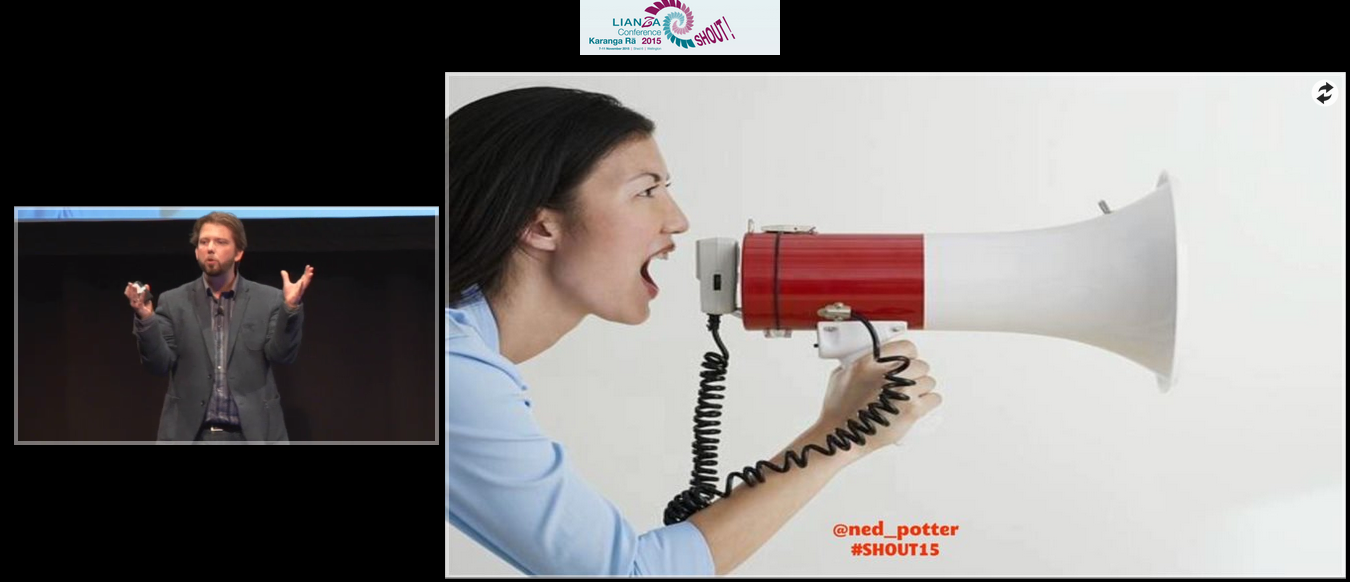Ahead of Internet Librarian International, where I'm running a workshop next week, I had an interesting chat about marketing with Caroline Milner. The Q&A is reproduced below because I thought there were some good questions!
What are the biggest challenges libraries face when marketing their services?
There are so many! A big one is that we have so much to offer - we're complex organisations, but complex marketing messages rarely work. So how do you boil down what we do into messages people can easily understand, without dumbing down? And not just understand our messages, but see how we fit into their lives? Another problem is constantly battling against the wider narrative that libraries are irrelevant or dying. Library use is astronomically huge when you compare it to other cultural activities, but I bet 99% of the public wouldn't guess that.
And of course, a major disadvantage libraries face is that most of us have little or zero budget for marketing. Everything we cover in my workshop costs time, but almost none of it involves shelling out actual cash, because for most libraries it's just not an option readily available to them.
How important is library branding?
It depends how you interpret branding... I don't think branding as in visual identity as important as other people say it is.
It's not that it isn't good to have great branding, it's that there are so many other things we need to get right before the branding becomes key from the user's point of view. If your message is simple, clear, focuses on the benefits, and has a good call to action, but looks average, that will be 20x more effective than most library marketing even if the branding is perfect on all those other examples. It's the message, and its relevance, that matters to the users.
The library branding should reflect the library brand. It should communicate who you are. It should help users identify us and remember us. Beyond that, the exact logo or colour scheme is really not that big a deal. The people who say it is are often (not always, but often) the people who make money as branding consultants.
What about the interaction between marketing in the physical space, and marketing online?
Library marketing works best when the two go hand-in-hand. You want people to see the same key message more than once. The online marketing should hook them in, but the messages in the building should reinforce those messages and deliver on the promise. People need to be reminded of the same things in different contexts.
How much emphasis should library marketers place on social media?
Loads and loads. It's hard to talk in general terms - for example, social media for a Law Library that almost exclusively markets to the Law firm it is attached to is less vital than social media for a public library trying to reach thousands of people in a geographical area. But for most libraries, social media was the last great marketing silver bullet. It was the last big thing we could do that completely revolutionises and improves our communication with users. From now on it's really all about making several small changes to affect greater results.
Don't get me wrong, social media can't exist in isolation. It's not as simple as just being on all the latest platforms and posting about the library. But used strategically in conjunction with other channels, it can be hugely productive. It suits libraries really well.
What about involving stakeholders – getting their buy in, and their active support?
We mustn't forget to market upwards - an absolutely key stakeholder for libraries is the person or group who holds the purse-strings, or who decides on the future of the institution. We need to talk their language, and communicate how what we're doing with the library aligns with their aims.
More generally, the stakeholders are our key user groups, and those groups are everything. Not just in helping you spread the messages - word of mouth marketing is the most effective marketing of all - but also understanding what those messages should be in the first place. Understanding the different segments of your audience, and tailoring the communications to each group accordingly, is a huge part of what we cover in the workshop. A small amount of marketing segmentation goes a long way.



